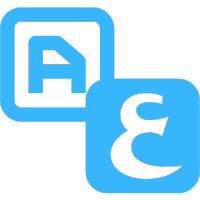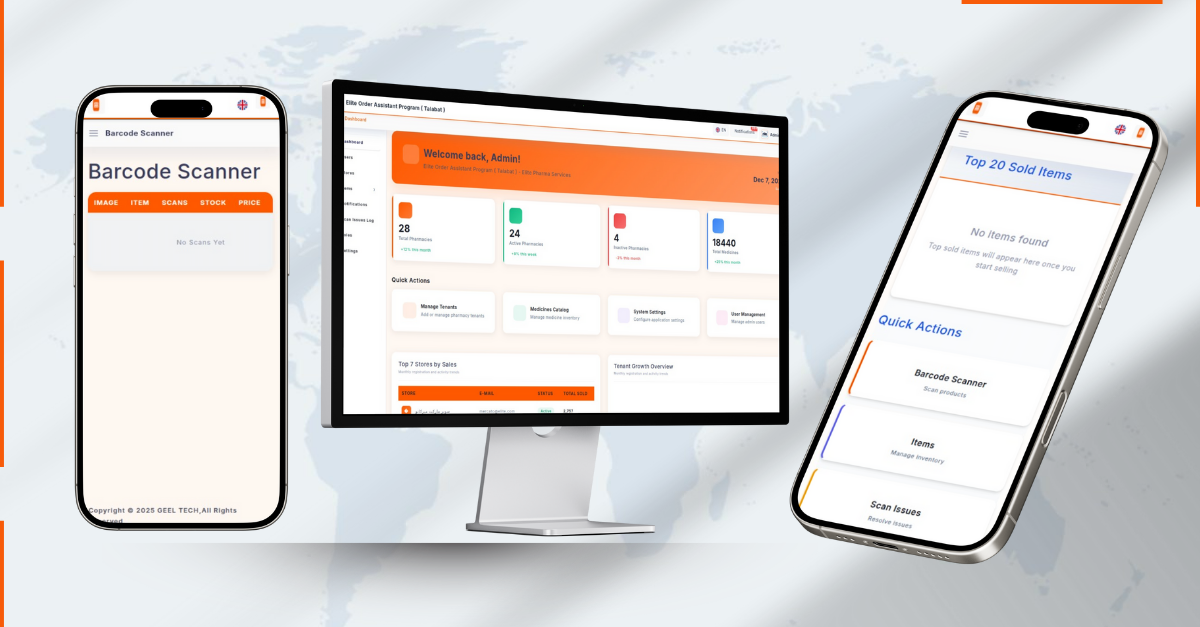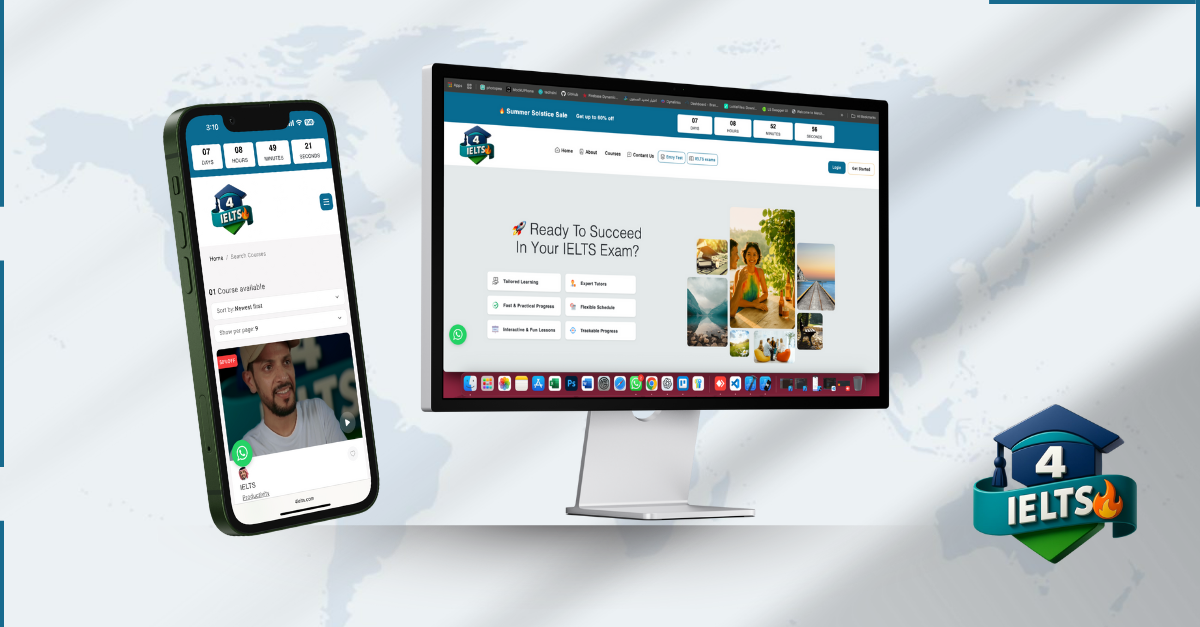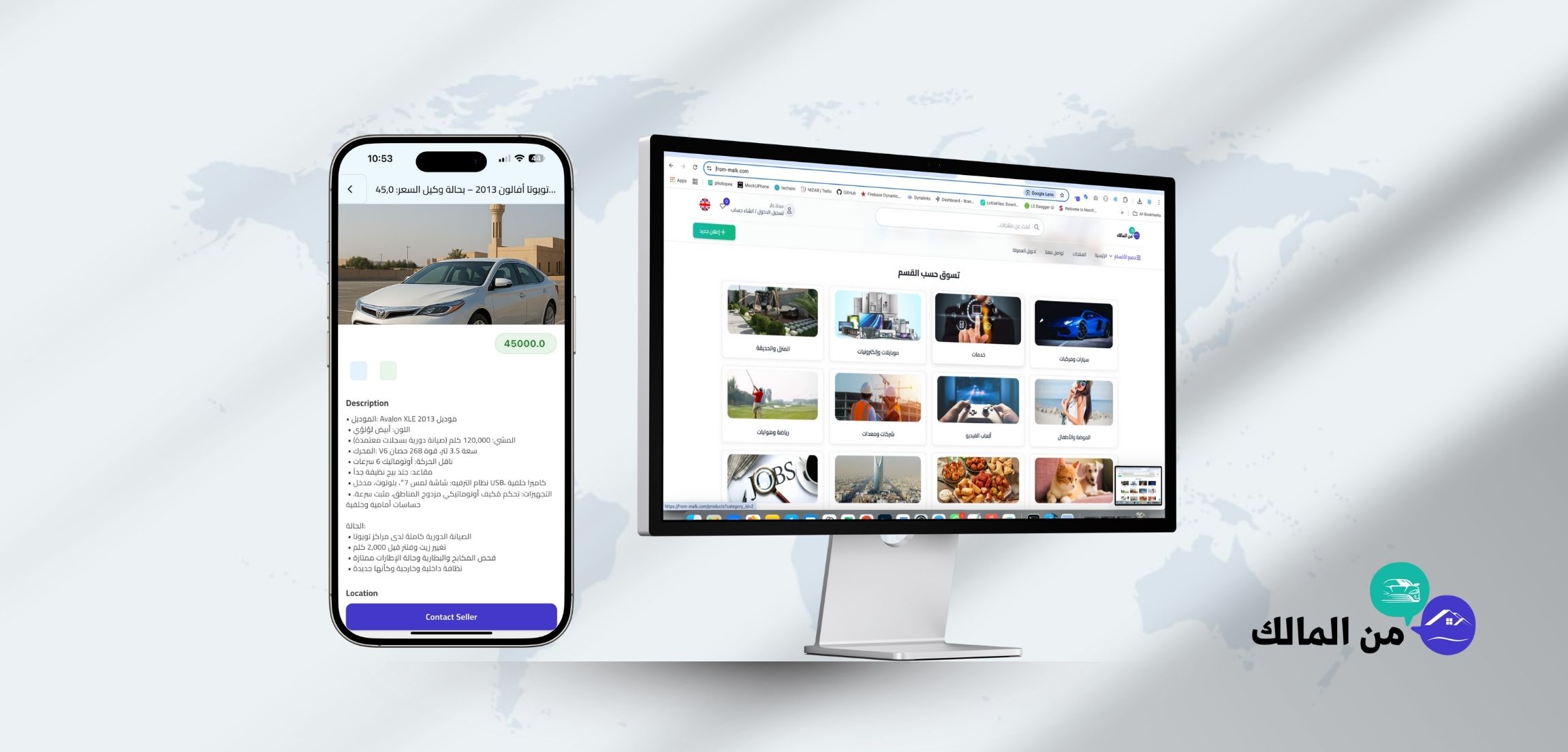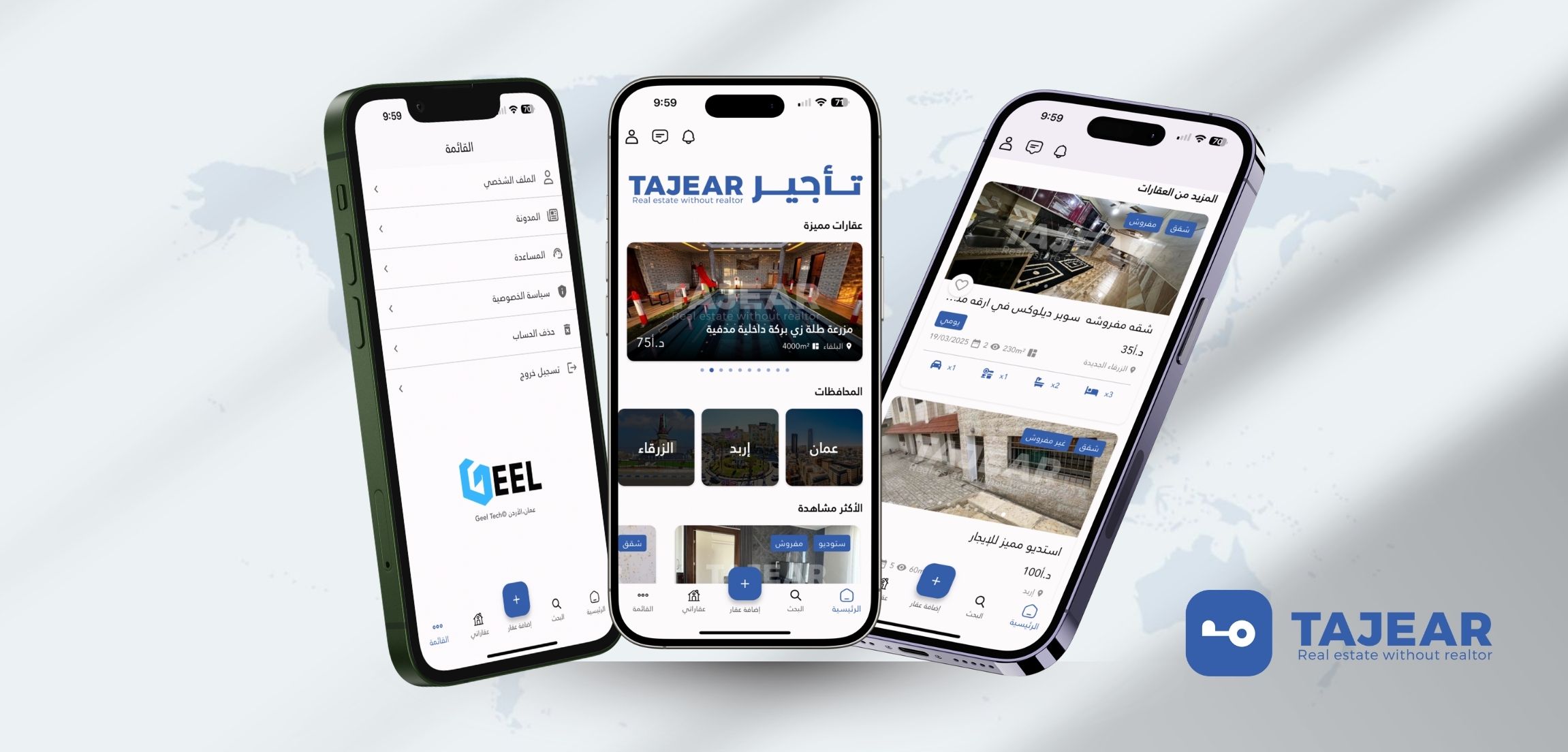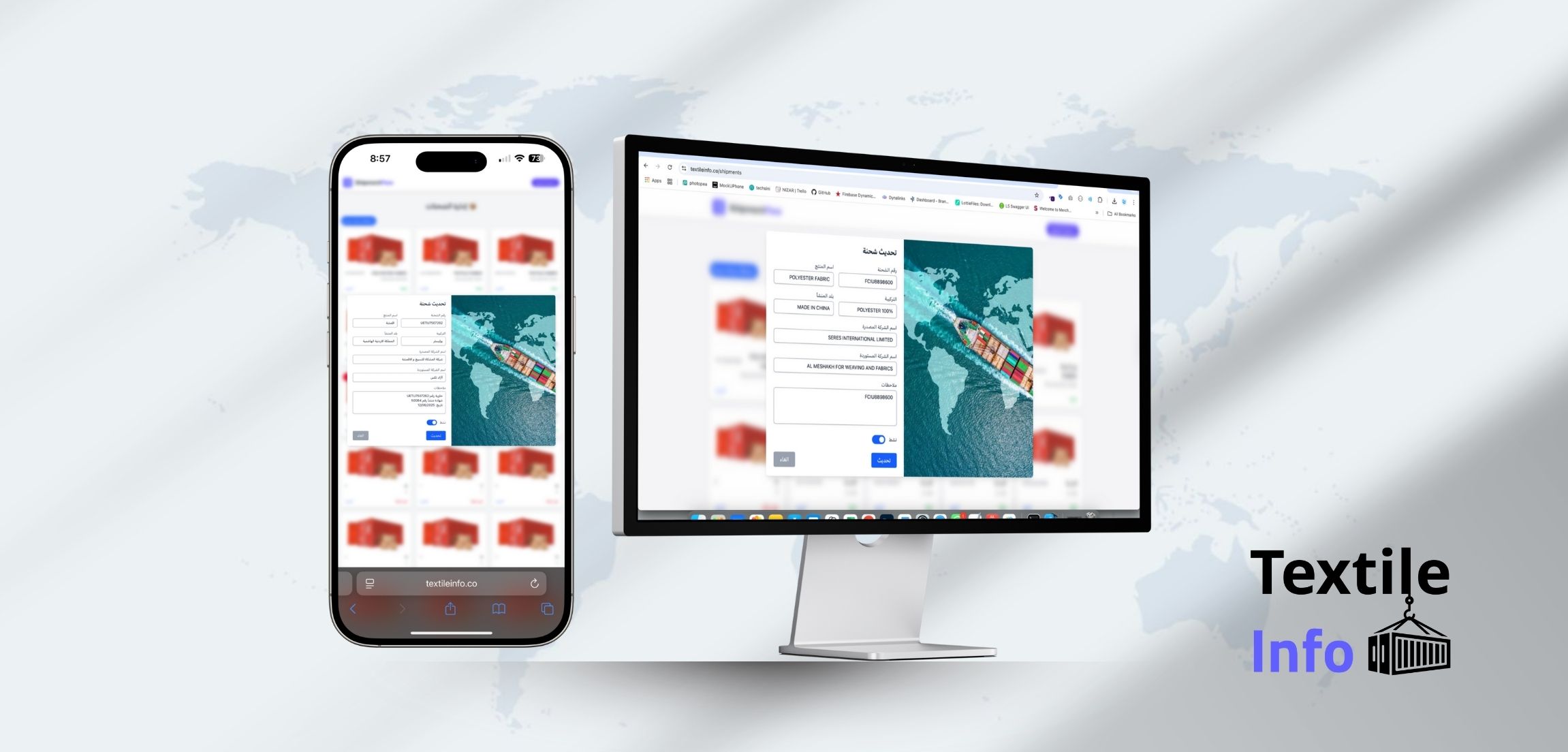The process of mobile apps programming, tablets, and digital assistants—most often for the Android and iOS operating systems—is known as mobile application development. The program can be accessed via a mobile web browser, downloaded from a mobile app store, or preinstalled on the device. The markup and programming languages utilized in this type of software development are HTML5, C#, Java, the programming languages, and Swift.
The creation of mobile apps is expanding quickly. Organizations in a variety of sectors, including government, insurance, healthcare, retail, telecommunications, and e-commerce, need to satisfy consumer expectations for quick, easy ways to conduct business and obtain information.
Types of Mobile Apps
We will discuss the various approaches to app development from a coding standpoint. Mobile apps programming could be one of the most joyable processes of programming. Mobile app developers can typically create apps in one of these three categories:
-
Native Apps
Native app development involves writing code in a language that is built into the particular mobile operating system. . If you're developing an app especially for the Google Play Store or the Apple App Store, utilize this. This is perfect for highly customized programs that require utilizing native components on every device. It works well with VR apps, gaming apps, and apps with a lot of visuals. But with native programming, one code won't function on both systems.
-
Hybrid Apps
For cross-platform development, use hybrid apps. These can run on multiple iOS and Android devices and are coded in a single language. Due to the fact that you will only need to code everything once rather than twice one for each OS, this shortens the development period. You'll give up some of the versatility that native apps offer when it comes to hybrid apps. But for the vast majority of developers, this is sufficient. When discussing mobile application development, the most common topic of discussion is the difference between native and hybrid applications. For a considerable amount of time now, developers have been debating this extensively.
-
PWA Apps
A progressive web application, or PWA, is a small application that opens in the web browser on a mobile device. Although it isn't installed natively on the device, it has the appearance and feel of a mobile app. PWAs are simple to create for developers with web development skills. It is expected that you are already acquainted with the coding languages that are utilized in the development process. Consequently, the learning curve is less steep.

Best languages for mobile apps programming
Let's examine the best languages for mobile apps programming in more detail. Depending on your desired use case and ability level, each choice offers pros and cons. You can locate programmers and languages that suit your needs below, regardless of the hardware and software you use.
IOS coding languages
Apple is the company behind the iOS platform. If you create an iOS app, it will function on all Apple devices, including iPads and iPhones. Users can download apps created with an iOS programming language from the Apple App Store.
To begin developing an iOS app, you must first have an Apple developer account. Additionally, you must have the Xcode IDE installed on a Mac; a Windows machine is insufficient for appropriate building and debugging. Everything you need to create apps for all Apple devices is included in Xcode. This developer toolset includes SDKs, a debugger, simulators, and a code editor.
Objective-C
Apple's first programming language to handle mobile apps programming on their platform was called Objective-C. It is an object-oriented programming language that borrows SmallTalk's object-oriented features and C's syntax. It is not a very developer-friendly language. The syntax is awkward and it can be difficult to debug the square brackets, which is one of the disadvantages.
Swift
2014 featured the release of Swift, an Apple programming language. The next year, it was finally made available in Xcode for development. When creating iOS apps, developers are now more likely to use this language than others. This is one of the best programming languages to take into consideration if you're just starting off with developing iOS apps. The popularity of Objective-C has decreased after the release of Swift. For any contemporary application created on an Apple platform, Swift is a must.
In comparison to Objective-C and other programming languages, Swift is easier to learn and concise. Any Apple developer who is already skilled in Objective-C should find switching to Swift to be quite simple.

Android coding languages
Google operates the open-source Android software development platform. Although Google offers its own line of Android-powered smartphones and tablets, other manufacturers such as Samsung, Huawei, Microsoft, and others also make Android-powered smartphones and tablets. Obtaining the Android development toolkit, which includes emulators, debuggers, and the necessary SDK, is necessary in order to create an Android app. Android Studio is the greatest integrated development environment for creating Android apps. This facilitates the process of Android apps programming. While there are other options, such as cross-platform tools for mobile apps programming for iOS and Android as well as other operating systems, Android Studio is unquestionably the most well-liked for developing Android apps.
Java
The default development language for creating Android apps has been Java since the initial launch of Android in 2008. The first version of this object-oriented language was developed in 1995. Because it runs in a virtual machine, Java is still the most widely used language for Android development, despite its fair share of drawbacks. Android apps are frequently developed using Java, an object-oriented mobile apps programming alternative.
Kotlin
In 2017, Google declared that it would begin to support the Kotlin programming language. It is a Java Virtual Machine-based alternative language to standard Java for Android development. It's incredibly popular, even though it's a new language.
Java and Kotlin can use the same data since they are compatible. Kotlin gives you access to all of your Java libraries. The Kotlin language is compliant with Java Bytecode in terms of execution. It's regarded as a more organized and tidy version of Java overall.
At the end, about mobile apps programming, regarding which programming language to learn or which framework to buy, there is no right or wrong answer. It's possible that the programming languages that work best for me and my mobile apps won't work as well for you and your app development situation.

